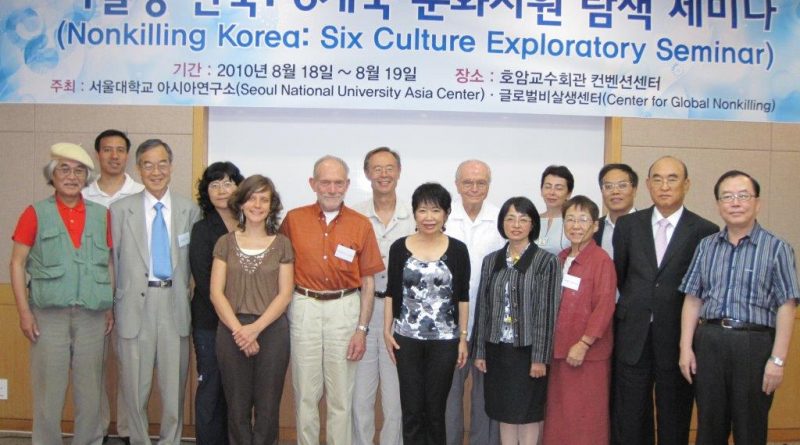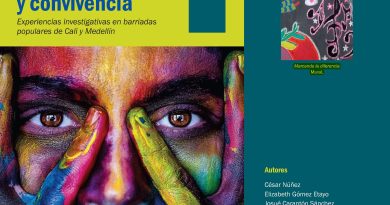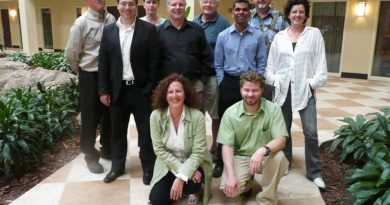Nonkilling Korea: Six Culture Exploratory Seminar Held in Seoul
A unique seminar on the subject of “Nonkilling Korea: Six Culture Exploratory Seminar,” was held at Seoul National University during August 18-19, 2010. It was the first of its kind in world history. The Seminar was convened on occasion of the first death anniversary of Nobel Peace Laureate former ROK President Kim Dae-jung.
The Seminar was co-organized by the Asia Center, Seoul National University, and the nonprofit Center for Global Nonkilling. It was sponsored by the Korea Foundation; the Asia Center, Seoul National University; the Center for Global Nonkilling; and the Hiroshima Center for Nonviolence and Peace.
The purpose of the small Seminar was to begin to explore and share nonkilling capabilities of the six cultures that have been related to killing in Korea over the past century: Korean (North and South), American, Chinese, Japanese, and Russian cultures.
Seminar participants included professors Kang Jang-seok, Kookmin University; Woe Soon Ahn, Hanseo University; Dahua Tang, Peking University; Janice Hsiu-chi Wang, Tamkang University; Robert Ren-rang Chyou, National Chengchi University; Mitsuo Okamoto, Hiroshima Shudo University; Tamayo Okamoto, Hiroshima Prefectural College of Health Sciences; William V. Smirnov, Russian Academy of Sciences; Tatiana Yakushkina, St. Petersburg State University of Culture and Arts; and Michael Nagler and Ms. Stephanie Van Hook, Metta Center for Nonviolence, Berkeley, California.
Some findings are:
- We discovered common nonkilling/nonviolent values in the six societies.
- We noted the gap between nonkilling/nonviolent ethical values and violent realities in the six societies.
- Although nonkilling/nonviolence is a subculture and varies in its levels of development in each society, there are signs of its nonviolent globalization through nonviolent civil society actions.
- There is evidence that a nonkilling perspective is beginning to enter academic disciplines; e.g., over 300 scholars in 200 universities in 50 countries have joined 20 nonkilling disciplinary research committees.
Among recommendations are:
- To continue nonkilling scholarly comparative exploration among the six cultures.
- To introduce nonkilling/nonviolent knowledge in education.
- To encourage nonkilling cultural creativity and communication among the six cultures as a contribution to nonkilling/nonviolent global cultural evolution.
- To encourage a nonkilling/nonviolent perspective through development of meditative and spiritual practices.
It is hoped that the example of the Seminar will encourage new nonkilling discoveries and cooperation among the six cultures. This will promote progress toward the measurable goal of a killing-free Korea in which no Koreans kill each other or other people, and no Americans, Chinese, Japanese, Russians or other people kill Koreans.
Furthermore, it is hoped that the Nonkilling Korea Seminar will encourage similar nonkilling cultural discoveries in other countries and regions toward the measurable goal of a killing-free world.
The Seminar grows out of the book Nonkilling Global Political Science (2002; 3rd ed. 2009) by Glenn D. Paige; Korean translation by Prof. Chung Yoon-jae as Bisalsaeng jeongchihak (Baeksan seodang, 2007). The book is available in Russian among 22 translations, and is forthcoming in Japanese, translated by Prof. Mitsuo Okamoto, and in Chinese by Profs. Dahua Tang and Janice Hsiu-chi Wang. The Russian translation is by Galena A. Startseva, titled Obschestvo bez ubijstva: vosmozhno lie to? [A Society without killing: is it possible?].
This book has already gone beyond political science to influence many other academic disciplines; e.g., Joam Evans Pim, ed., Toward a Nonkilling Paradigm (2009). All are available free download online at www.nonkilling.org.
Participants express deep appreciation for the warm hospitality and effective support of the Asia Center and Hoam Faculty House of Seoul National University, and Seminar assistants Ms. Han-Na Cho and Mr. Jaeseok Myun.




